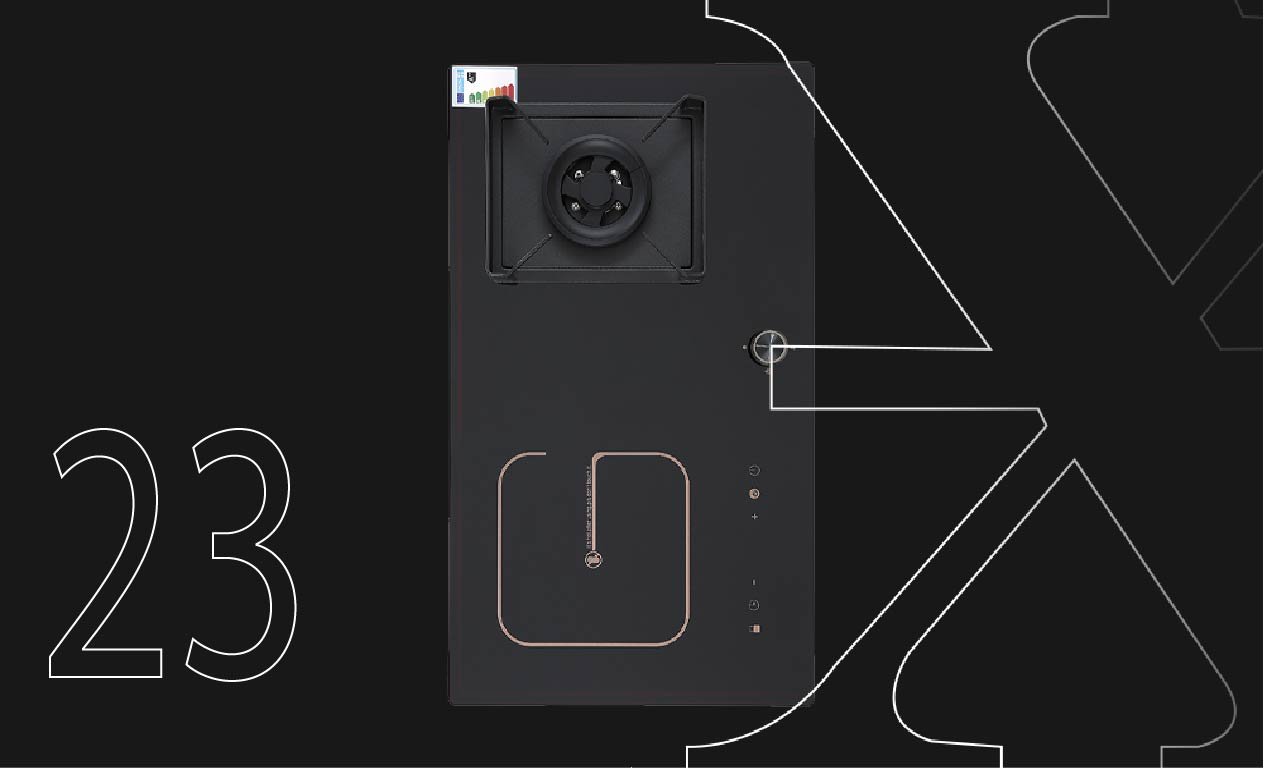
High Quality Electric Stove
Electric Stove
An electric stove is a machine that helps us cook food inside our homes without using fire. It uses electricity to make heat, which cooks the food. You can turn it on with a switch, and you can make it hotter or cooler by turning a knob. It’s like having a little sun in your kitchen that you can control to make your meals. Electric stoves are safe, clean, and easy to use, making them a great choice for cooking tasty dishes.
Types of Electric Stove
Electric stoves are a popular choice for cooking, and they come in different types. The most common types are coil stoves, smooth-top stoves, and induction stoves. Coil stoves have spiral metal elements that heat up when you turn them on. Smooth-top stoves have a flat ceramic glass surface with heating elements underneath, which makes them easy to clean. Induction stoves are a bit different; they use magnetic fields to directly heat your pots and pans, which can be more energy-efficient and cook food faster. Each type has its own set of advantages, so the best one for you depends on your cooking needs and preferences.
Advantages
Electric stove has a great advantages . Some of them are:
– Electric stoves are easy to clean because of their smooth surfaces.
– They offer precise temperature control, which is great for cooking.
– There’s no open flame, making electric stoves safer to use in the home.
– They are energy efficient, helping to reduce electricity bills over time.
– Electric stoves emit less heat into the kitchen, keeping it cooler.
Pros and Cons of Electric Stove
Electric stoves are quite popular in modern kitchens due to their convenience and sleek design. Here are some pros and cons to consider:
Pros:
- Easy to clean: The smooth surface of electric stoves makes wiping up spills a breeze.
- Even cooking: Electric stoves provide an even heat distribution, which is great for baking and roasting.
- Safety: Without an open flame, electric stoves are considered safer, especially around children.
- Installation: They are generally easier and less expensive to install than gas stoves.
Cons:
- Slower heat adjustment: Electric stoves take longer to change temperature, so you may need to wait a bit when you turn the heat up or down.
- Power outages: If there’s no electricity, you can’t cook, as electric stoves rely solely on electrical power.
- Potentially higher energy costs: Depending on your local electricity rates, electric stoves can be more expensive to operate than gas stoves.
The best choice depends on your cooking style, kitchen setup, and personal preferences.
FAQS
Q: What should I do if my electric stove burner won’t heat up?
A: Check if the burner is properly plugged in or if the coil element needs replacement. Sometimes, swapping it with another burner can help determine if the issue is with the burner itself.
Q: How can I clean the surface of my electric stove?
A: Use a gentle cleaner and avoid abrasive materials. For stubborn stains, a baking soda paste left on for a few minutes can be effective.
Q: Why is my electric stove making a clicking noise?
A: This could be due to food particles stuck in the burner or issues with the electrical connections. A thorough cleaning or checking the connections may solve the problem.
Q: Can I use any cookware on an electric stove?
A: It’s best to use flat-bottomed cookware for even heating. Some materials, like aluminum and stainless steel, work better than others.
Q: How energy-efficient are electric stoves?
A: Modern electric stoves are quite energy-efficient, but the efficiency can vary based on the model and usage. Look for energy-saving features and proper usage to maximize efficiency.
